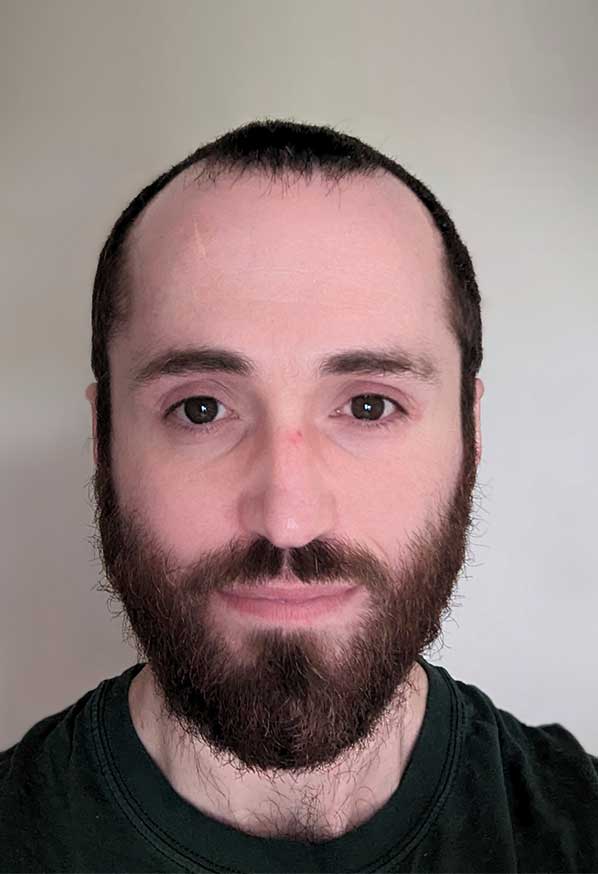Summary
Machine-learning algorithms are becoming essential components of scientific analyses, in particular in particle physics, where current analyses at the Large Hadron Collider (LHC) are beginning to use machine-learning tools to push the boundaries of what we can learn about the fundamental laws of nature. In this PhD project the student will develop new machine-learning tools to improve our understanding of the processes being measured at the LHC, and in turn aide in the search for new physics.
The Intelligent Systems Research Centre (ISRC) at Ulster University has a rich program of research in various areas of machine-learning, and the research focus of the main supervisor for this project is in machine-learning for LHC phenomenology, anomaly detection, and in efficient neural network architectures. In general, we encourage the study and incorporation of new ideas emerging in the field of machine-learning for applications in physics. The research also has applications more broadly in the field of physics and other sciences. We invite applications from candidates with a background in physics, computer science, mathematics, or related disciplines.
Essential criteria
Applicants should hold, or expect to obtain, a First or Upper Second Class Honours Degree in a subject relevant to the proposed area of study.
We may also consider applications from those who hold equivalent qualifications, for example, a Lower Second Class Honours Degree plus a Master’s Degree with Distinction.
In exceptional circumstances, the University may consider a portfolio of evidence from applicants who have appropriate professional experience which is equivalent to the learning outcomes of an Honours degree in lieu of academic qualifications.
- Experience using research methods or other approaches relevant to the subject domain
- A demonstrable interest in the research area associated with the studentship
Desirable Criteria
If the University receives a large number of applicants for the project, the following desirable criteria may be applied to shortlist applicants for interview.
- First Class Honours (1st) Degree
- Masters at 70%
- For VCRS Awards, Masters at 75%
- Experience using research methods or other approaches relevant to the subject domain
- Work experience relevant to the proposed project
- Publications - peer-reviewed
- Experience of presentation of research findings
Equal Opportunities
The University is an equal opportunities employer and welcomes applicants from all sections of the community, particularly from those with disabilities.
Appointment will be made on merit.
Funding and eligibility
This project is funded by:
- Department for the Economy (DfE)
- Vice Chancellor's Research Scholarship (VCRS)
Our fully funded PhD scholarships will cover tuition fees and provide a maintenance allowance of £19,237 (tbc) per annum for three years (subject to satisfactory academic performance). A Research Training Support Grant (RTSG) of £900 per annum is also available.
These scholarships, funded via the Department for the Economy (DfE) and the Vice Chancellor’s Research Scholarships (VCRS), are open to applicants worldwide, regardless of residency or domicile.
Applicants who already hold a doctoral degree or who have been registered on a programme of research leading to the award of a doctoral degree on a full-time basis for more than one year (or part-time equivalent) are NOT eligible to apply for an award.
Due consideration should be given to financing your studies.
Recommended reading
1. Modern Machine Learning for LHC Physicists (lecture notes)
https://arxiv.org/abs/2211.01421
T. Plehn, A. Butter, B. Dillon, T. Heimel, C. Krause, R. Winterhalder
2. Better Latent Spaces for Better Autoencoders
https://arxiv.org/abs/2104.08291
B Dillon, T. Plehn, C. Sauer, P. Sorrenson
3. A normalized autoencoder for LHC triggers
https://arxiv.org/abs/2206.14225
B. Dillon, L. Favaro, T. Plehn, P. Sorrenson, M. Krämer
4. Symmetries, safety, and self-supervision
https://arxiv.org/abs/2108.04253
B. Dillon, G. Kasieczka, H. Olischlager, T. Plehn, P. Sorrenson, L. Vogel
5. Uncovering latent jet substructure
https://arxiv.org/abs/1904.04200
B. Dillon, D. A. Faroughy, J. F. Kamenik

















